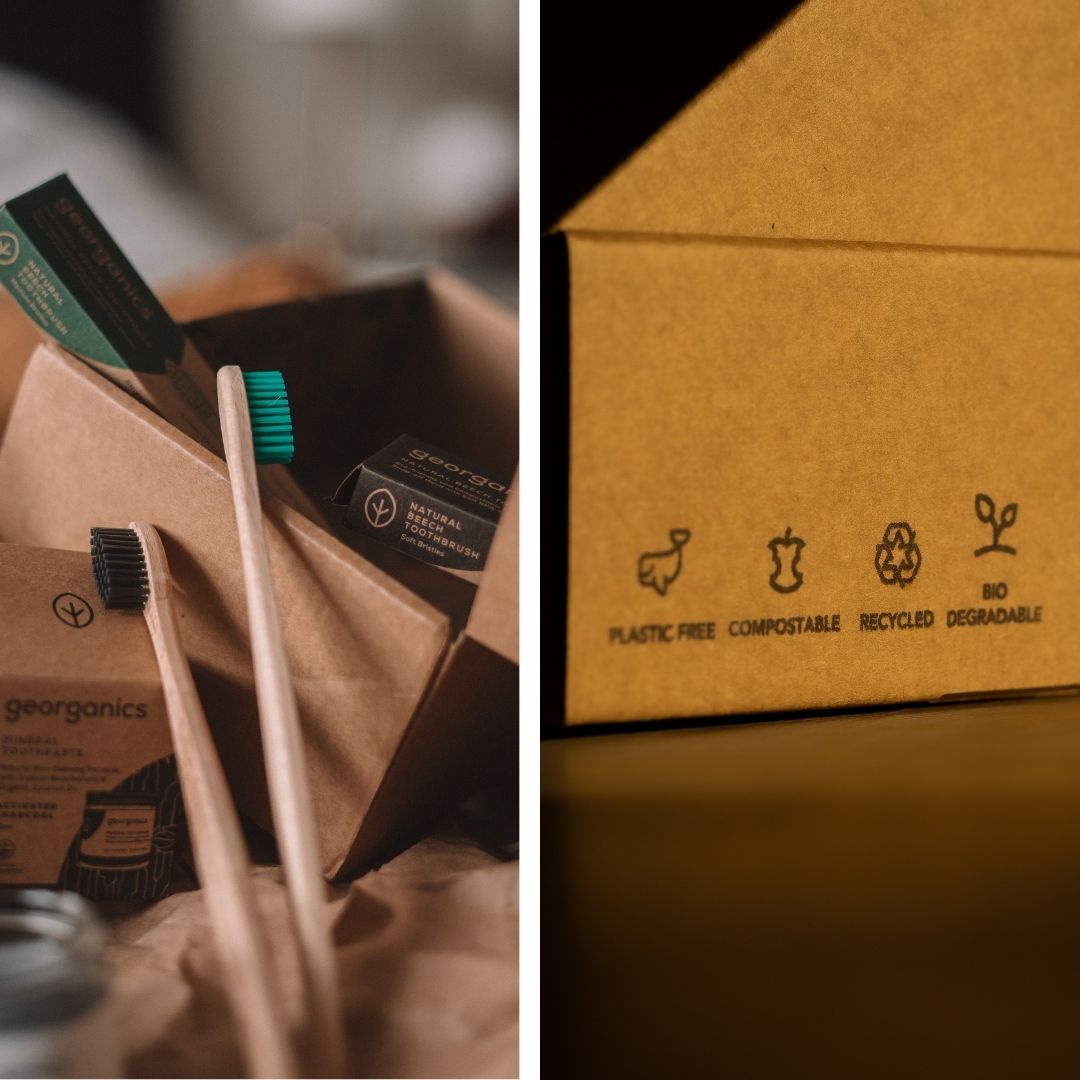
Credits: Unsplash
Saving Money Priority For Indians Over Making Sustainable Choices, Says Study
Writer: Devyani Madaik
A media enthusiast, Devyani believes in learning on the job and there is nothing off limits when it comes to work. Writing is her passion and she is always ready for a debate as well.
India, 26 Aug 2021 10:25 AM GMT
Editor : Palak Agrawal |
Palak a journalism graduate believes in simplifying the complicated and writing about the extraordinary lives of ordinary people. She calls herself a " hodophile" or in layman words- a person who loves to travel.
Creatives : Devyani Madaik
A media enthusiast, Devyani believes in learning on the job and there is nothing off limits when it comes to work. Writing is her passion and she is always ready for a debate as well.
Of the total Indian consumers who participated in the study, at least 48 per cent actively supported brands committed to sustainability. However, 77 per cent found it challenging to back such firms and save money and preferred the latter.
Conscious consumerism has compelled brands to take an eco-friendly approach and adhere to social and environmental norms in their production. It has also become one of the biggest business opportunities today.
However, these sustainable products cost more, ranging from lack of demand to high manufacturing costs.
A recent analysis by the brand consulting company Kantar found that maintaining a conscious consumer lifestyle seems to be difficult for many people, especially Asians.
For its Asia Sustainability Foundational Study, the firm interviewed 10,000 consumers from across nine countries. It measured three factors for the study—cost, comfort and convenience, things that subvert sustainable consumer behaviour.
Cost: Around 84 per cent of participants said they prioritised saving money over saving the planet when purchasing goods.
Comfort: About 76 per cent said they do not have enough information to choose sustainable options.
Convenience: 72 per cent said it was difficult for them to keep up with sustainable choices in their busy day-to-day lives.
Lack of Trust
The study also found that 68 per cent of consumers do not trust sustainable practices adopted by some brands and suspect commercial benefits.
What About India?
Around 1,000 consumers in Delhi, Mumbai, Bengaluru, Chennai, Kolkata, and Hyderabad were interviewed from India. They look forward to conscious brands but prefer saving money over making sustainable choices, LiveMint reported.
Of the total Indian consumers, 48 per cent actively support brands committed to sustainability. However, 77 per cent found it challenging to back such firms and save money and preferred the latter.
The report said the ''value-action gap'' is still essential for Indian consumers with good intentions, the report said. For instance, 65 per cent of the respondents said they dumped the recyclable waste.
"Consumers are looking for brands with a social and environmental purpose, so from a marketing standpoint, the purpose is imperative, and sustainability will potentially drive consumer choice. While brands are taking steps in the right direction, it still isn't mainstream. In developed markets, sustainable practices are much stronger," Paru Minocha, head of Sustainable Transformation Practice, Kantar (India), told LiveMint.
Changing Consumer Behavior
She said brands such as MAC cosmetics, firms including Hindustan Unilever'sUnilever's initiative called ''Smart Fill, etc., which are offering consumers a significant discount, or attractive return policies, would help make a meaningful change in consumer behaviour and purchasing habits.
But they are yet to become mainstream, she added. Minocha said that sustainable practices are much stronger in developed markets than the developing ones.
Also Read: Mysuru Horror: MBA Student Gang-Raped, Boyfriend Beaten Up; No Arrests So Far
 All section
All section














